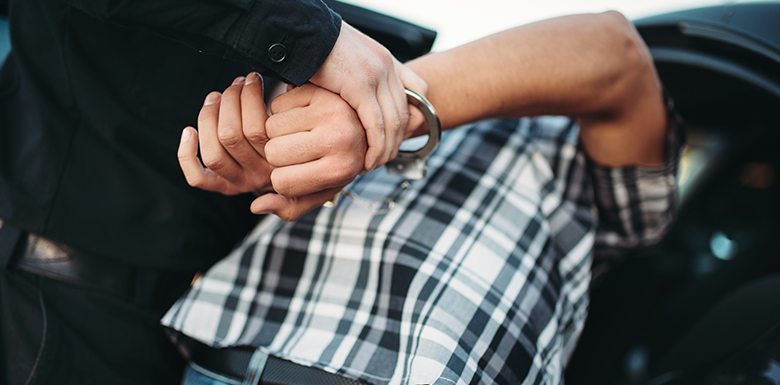Prosecutors Often Fail to Review Police Body Cam Video in Cases
Nov 12, 2020, by in Police Brutality
Imagine you’ve been arrested after an altercation with police. You’re not worried though because you know the police body cam video will show you did nothing wrong and you’re sure to be released without any charges.
Now imagine you were wrong. You’re charged with felonies after the arrest because no one has reviewed the video. For months you bear the stress, worry, shame, and possible collateral consequences to your job and your relationships because of bogus charges.
A nightmare scenario, right? But this is no dream, it has happened, as this local news report shows. So, what’s the best way to avoid this in real life? Secure timely defense representation by Michigan criminal attorney Maurice Davis. The Davis Law Group understands how important body cam footage could be to your case and will work tirelessly to have it reviewed promptly.
If you’re facing criminal charges where body cam video or audio is part of the evidence, contact Davis Law Group today for a free, confidential consultation. Call (313) 818-3238 or use our convenient online form to schedule an appointment.
Michigan Body Cam Laws
Beginning in January 2018, Michigan adopted regulations for the use and disclosure of video and audio recordings from police body cameras. Basically, the recordings are private and not subject to public records requests during ongoing internal or criminal investigations. Body camera footage is supposed to be maintained for a minimum of 30 days and at least three years if the information could pertain to a complaint against the police.
The use of body cams is meant to protect both the public and police officers. In a perfect world, that would be the case. But ABC 7 has reported that prosecutors often fail to review footage prior to filing charges.
Police officers are required to use and maintain the body cameras according to law. These rules include:
- All service calls and vehicle stops to be recorded with body cams
- Reporting and logging malfunctions
- Not recording in private residences unless in pursuit of a fleeing felon
- Storing the contents as required by law and police department policy
- Never sharing recordings with unauthorized persons or on social media
- Not recording activities unrelated to official police work
Remember that while many officers in the Metro Detroit area have cameras, not all do. The Detroit Police fully deployed body cams in 2017, and was followed by Dearborn, Livonia, and Ann Arbor police. But Dearborn Heights, Warren, Waterford, Farmington Hills, Sterling Heights, and St. Clair Shores had none, according to reporting in September 2020.
Consequences of Being Wrongly Charged
Prosecutors contend that they are overwhelmed and can’t always review before charging. They are depending on the police reports. When police misconstrue the evidence, charges unsubstantiated by the evidence can be brought causing you serious legal trouble and all sorts of potential collateral damage, including:
- You must defend yourself against the charges, which costs time and money
- You face wrongful incarceration while you await bond or trial and possible wrongful conviction
- You might lose your job because of being detained or due to your employer hearing of the charges
- You could face issues with any post-conviction status (probation or parole) from previous charges
- You might have trouble with your custody arrangements or in a pending divorce
- Your legal status in the country could be in jeopardy if you’re not a citizen
- You might be denied entry into the armed forces
- You could miss out on employment opportunities because you may need to disclose the pending charges
As Attorney Davis said in the reporting on Brendan Morgan’s case of being wrongly accused despite video to exonerate him, “With the stroke of a pen, you can upend an individual’s life … If there’s a body cam, if there’s in-car video, you need to review everything before making that decision. And I think its prosecutorial malfeasance to not review everything.”
Facing Charges When Body Cam Video Could Help Exonerate You? We Can Help
The use of body cams in police work is meant to give everyone peace of mind that police officers are not overstepping their authority or abusing citizens, or conversely as evidence of criminal activity that can be used in subsequent charging and prosecution. But it doesn’t always work that way. Although prosecutors should review the video or audio prior to charging, there are cases where that doesn’t happen, and innocent people face serious criminal legal jeopardy.
If you are facing this kind of nightmare scenario, don’t delay. Contact experienced criminal defense and civil rights attorney Maurice Davis at Davis Law Group. As a former prosecutor turned defense attorney, he knows the system and can help resolve your legal issues.
Call (313) 818-3238 or use our